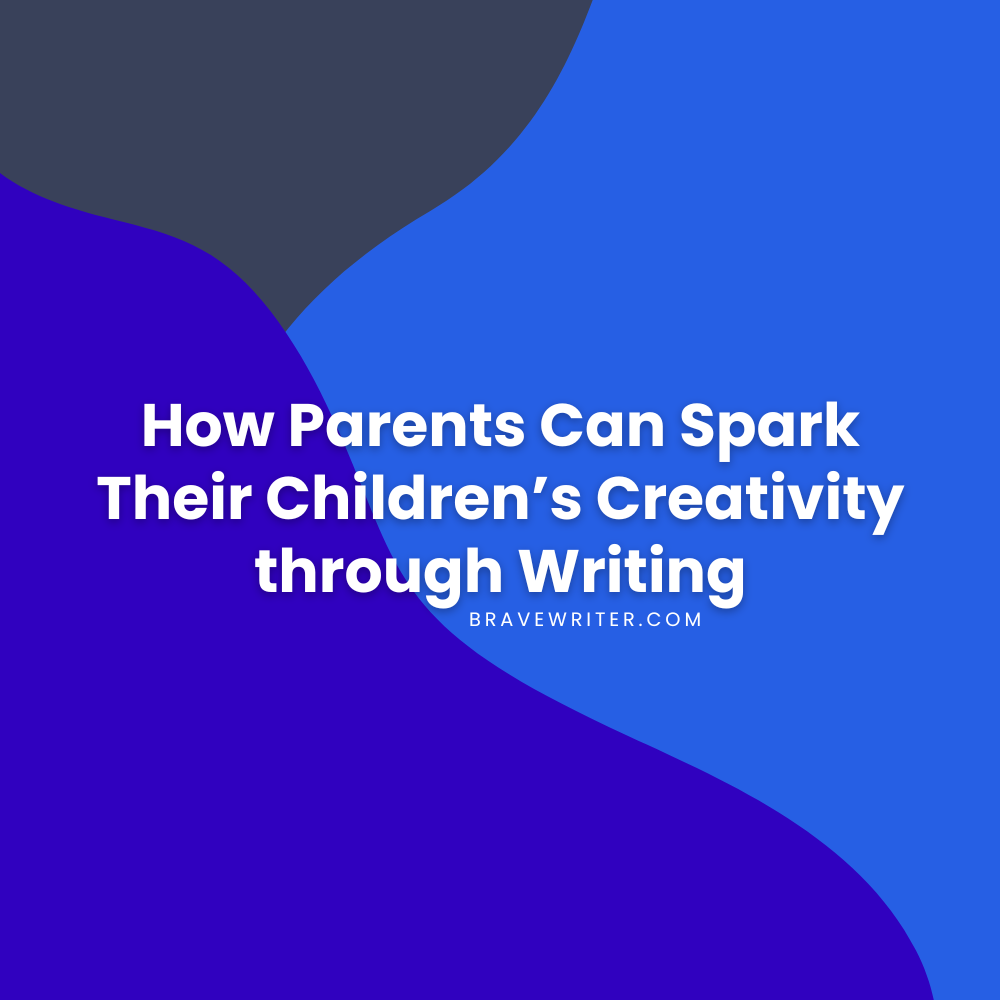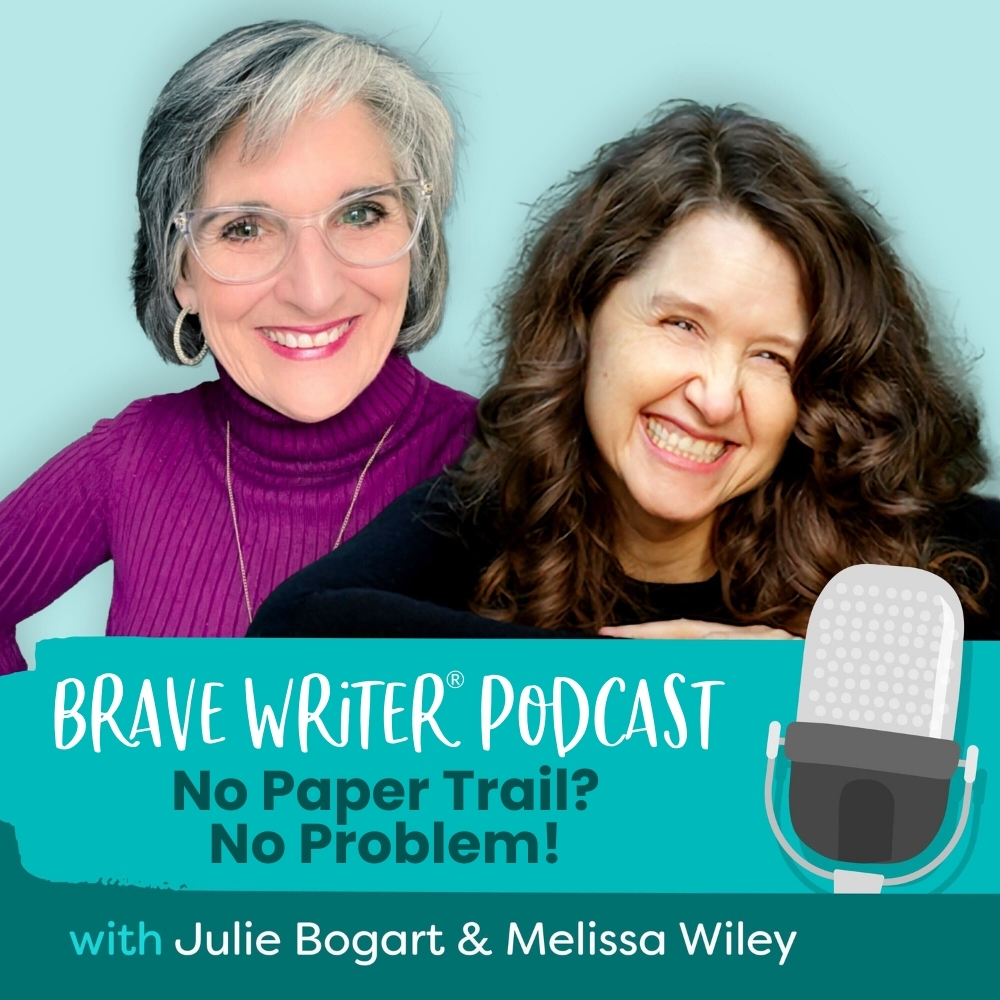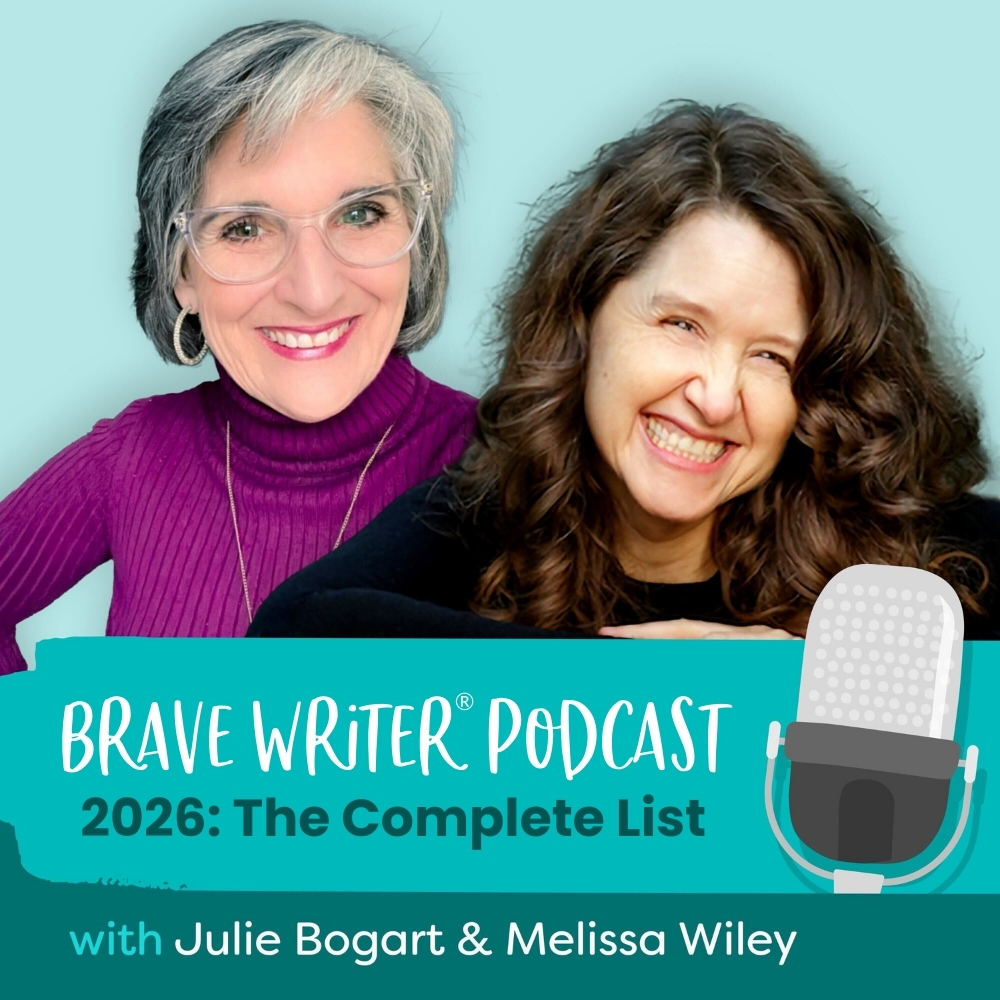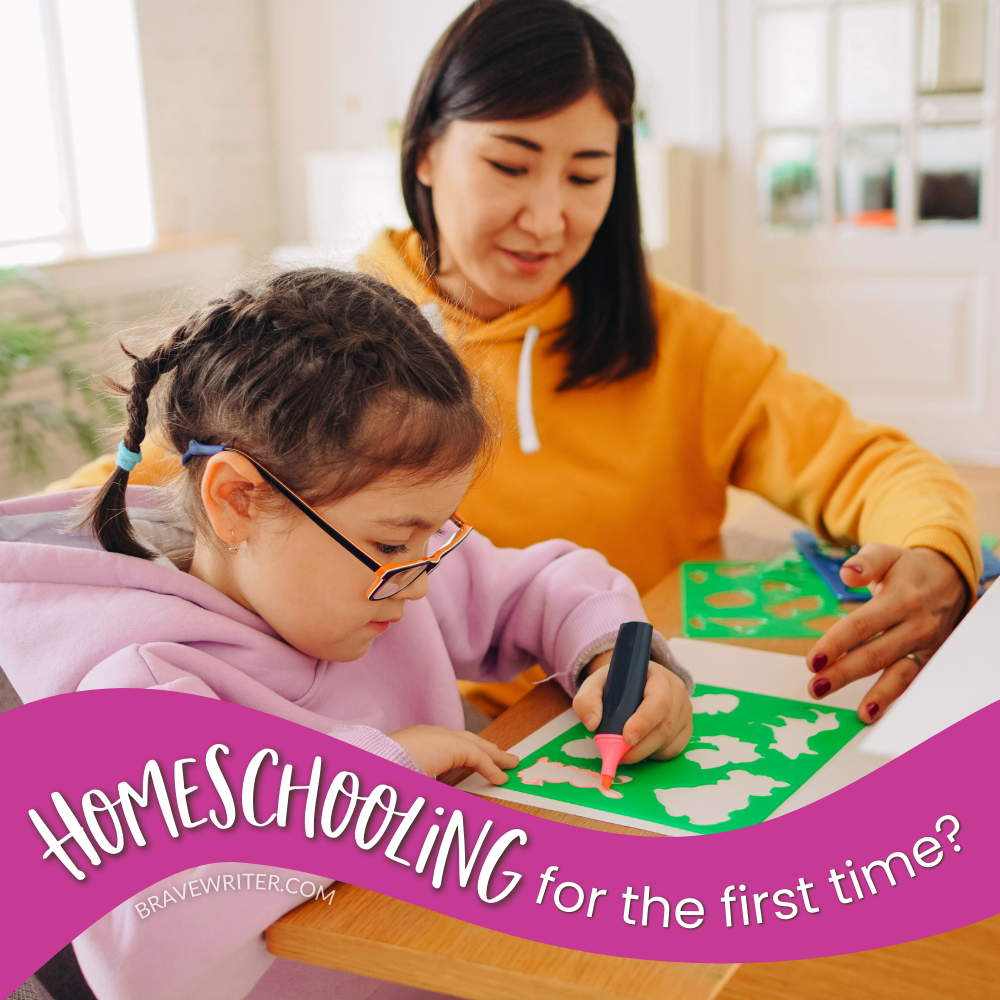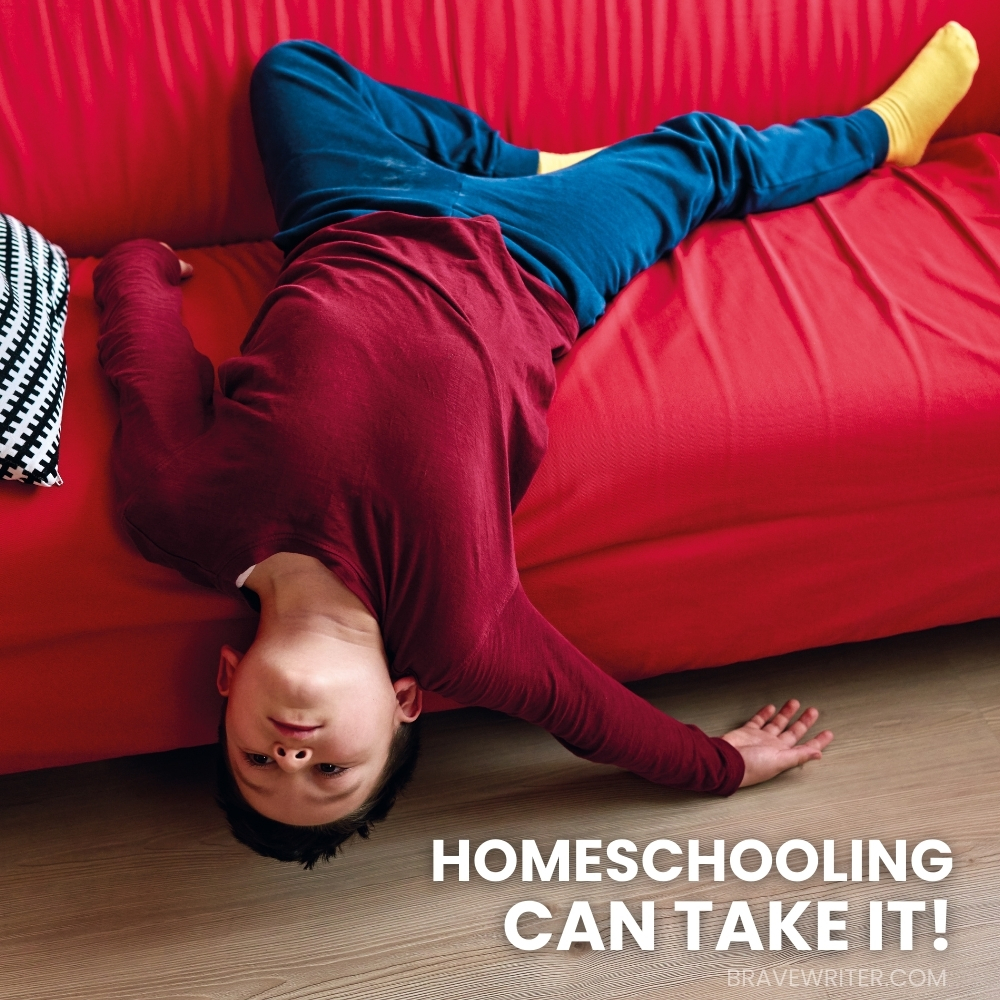
Some homeschoolers mistakenly believe that we can parent and home educate unimpeachably. If anyone ever seems unhappy, we’re failing.
But let’s normalize…
- boredom
- reluctance
- an unfinished art project
- math pages that are too hard or too easy
- a book no one likes
- wandering attention
- lackluster enthusiasm for fill-in-the-blank
Homeschooling is sturdy enough to take it!
In those moments when it does all come together and the magic occurs, those memories are like pearls strung on a necklace.
They linger. They last.
You can make the entire journey that way—lots of misses, a pearl every so often, eyes on the future, heart in the present on this amazing journey called life and learning.
Remember: most of us don’t know what we’re doing. We learn as we go with both notable failures and astonishing triumphs!


